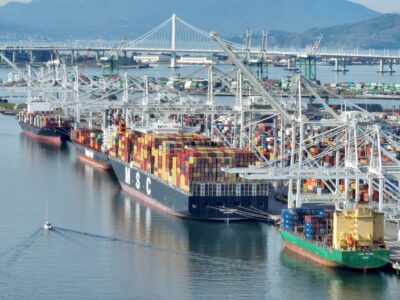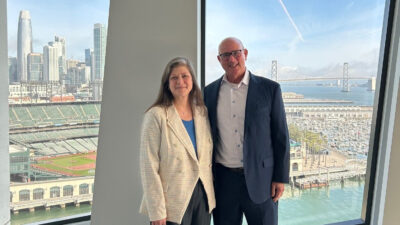Bay Area Council Implores BART Board to Add Additional Service to Aid California Economy
The Bay Area Council, in partnership with the Golden Gate Restaurant Association and Bay Area concert venues and performing arts organizations, is calling on the BART Board of Directors to immediately restore late night service, emphasizing that anything short of full restoration impedes the region’s economic recovery and adds to the negative effects of single-occupancy vehicles.
With COVID restrictions being lifted, vaccination rates climbing and people rapidly returning to in-person activities, tourism, industry, and event venues need BART to expand its hours to reflect the full reopening of the economy. The region expects our public transit — paid for by the public — to serve workers, customers, and tourists who want to spend money at restaurants, visit attractions, and attend cultural events — and want to do so without having to use an automobile.
“Whatever it takes, BART needs to hit the ground running and drive economic recovery and job growth, there is no better time than now win back customer confidence in BART and to employ/invest taxpayer dollars to remove/rebuild/replace all barriers to BART’s green mission to be a reliable means of transportation replacing the need for a car, as well as to provide the transportation platform to re-open the economy,” said David Mayeri, Founder and CEO of Berkeley Music Group.
BART is currently planning to restore service to near pre-pandemic levels at the end of August– far too late to capture the current demand. Additional service would benefit BART, too; with ridership at just 17% of pre-pandemic levels, now is the time to win back customer confidence. The Bay Area Council was instrumental in the creation of BART in the 1950s and has been a strong partner with BART in supporting the expansion of service and major system investments over many decades.
Said Jim Wunderman, President and CEO of the Bay Area Council: “BART’s recovery plan is strong in many ways: there are new health measures in place including hospital grade filters, longer trains, and occupancy data. BART has also invested in progressive policing by doubling the size of the ambassador program, hiring new crisis intervention specialists, installing call boxes on trains, and replacing fare gates with a new model that reduces fare evasion. But these investments won’t matter if the people who need BART to get back to work can’t use it. It’s time to add service now. Our economic recovery and workers depend on it.”





